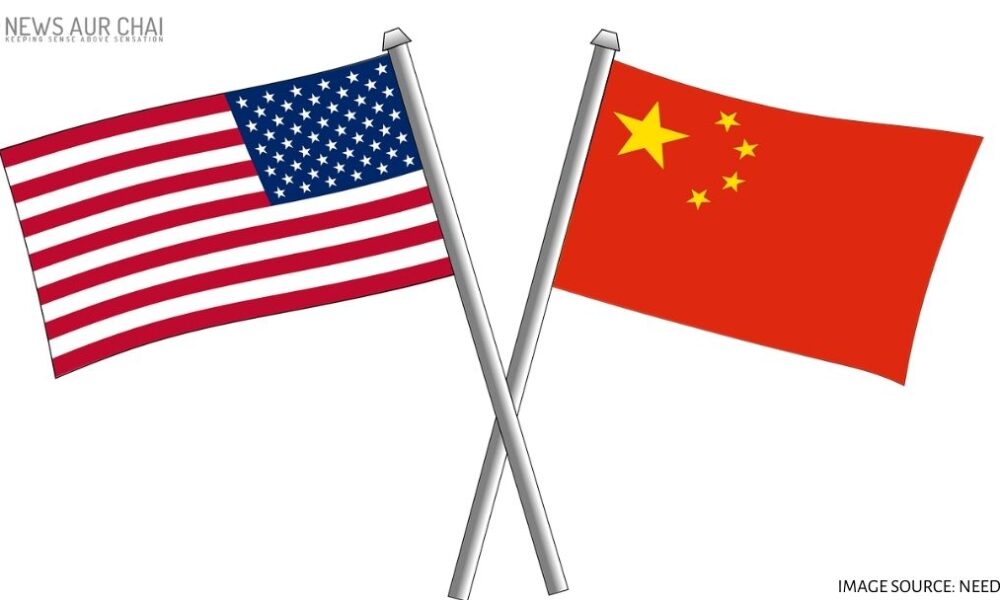With the Chinese government ordering the closing of the US Consulate in Chengdu, the rising tensions between the two superpowers continue to increase.
The recent decision of the Chinese government appears to be in retaliation to a similar move carried out by the US to shut down the Chinese consulate in Houston. Mike Pompeo, US Secretary of state said the decision was a result of China stealing intellectual property, according to a BBC News report.
China in retaliation has stated that the closing of the Chengdu Consulate is because some of the US staff tried to ‘interfere in their internal affairs’ and ‘endangered the country’s security’.
The US Consulate in Chengdu was established in the year 1985, employed over 200 staff members out of which 15 were locals.
The relationship between US-China, strained since the trade war that began in 2018, seems to be hanging by a thread.
Long-standing conflict
Several occurrences have influenced the current state of the diplomatic relations between the US and China in the past and present. These include the conflicts with trade tariffs that have been in place since 2018, the imposition of controversial security law in Hong Kong and the current coronavirus pandemic, which US President Donald Trump has alleged China is responsible for causing.
China has caused great damage to the United States and the rest of the World!
— Donald J. Trump (@realDonaldTrump) July 6, 2020
All over the World the CoronaVirus, a very bad “gift” from China, marches on. Not good!
— Donald J. Trump (@realDonaldTrump) May 28, 2020
Controversial Law in Hong Kong
To control and curb the pro-democracy protests in Hong Kong, China passed a highly controversial security law in June, for which several governments and international institutions widely criticized it.
Wonder where #HongKong and #Beijing officials will put their money now?
Suggestions? https://t.co/2t2bsXQP1U
— Fight For Freedom. Stand With Hong Kong. 重光團隊 (@Stand_with_HK) July 28, 2020
The anti-sedition law, released on June 30, 2020, which dealt with crimes like subversion, secession, collusion, and terrorism, imposed punishments as severe as life imprisonment. It extended not only to permanent residents of Hong Kong but non-residents and people living outside Hong Kong who violated this law.
This has led to several countries, including the US and UK displaying their opposition to the move. While the US revoked Hong Kong’s special trading status, which had exempted its goods from the taxes imposed on Chinese products, the UK offered citizenship for over three million residents in Hong Kong. In turn, the angered Chinese government had refused to recognize a certain type of British passport.
Since the imposition of the law, the government has continued to arrest protestors, with the latest arrest involving that of four students on Wednesday for allegedly inciting secession through social media posts.
#Breaking: Three males and one female, aged 16-21, who claimed to be students, have been arrested for breaching the #NationalSecurityLaw. They were suspected of secession by advocating #HKIndependence. Investigation is underway. #Hongkong
— Hong Kong Police Force (@hkpoliceforce) July 29, 2020
Trade War
The trade war between US and China began in 2018 when US President Donald Trump imposed over 360 billion dollars’ worth of tariffs on imported Chinese Products stating that the move was to encourage citizens to buy American products over imported goods. He also accused China of carrying out unfair trade practices.
China, in retaliation, imposed tariffs of similar value on US consumer products.
The conflict that continued over two years and caused economic damage to both countries, hurt the everyday consumer, and affected the global economy as well.
Nonetheless, the most notable aspect is unlike previous moment of heightened tension, between both the nations Trump has not threatened to impose additional tariffs on Chinese goods or take other steps to punish companies that export their products to America. Furthermore, neither the US nor China is threatening to rip up the initial trade deal they signed in January, which took years of painful negotiations to complete.
However, despite a few trade war ‘ceasefires’ in between, the current tensions and mutual blame-game between both countries don’t help the present situation, when the world economy is in a crisis over the coronavirus pandemic.
